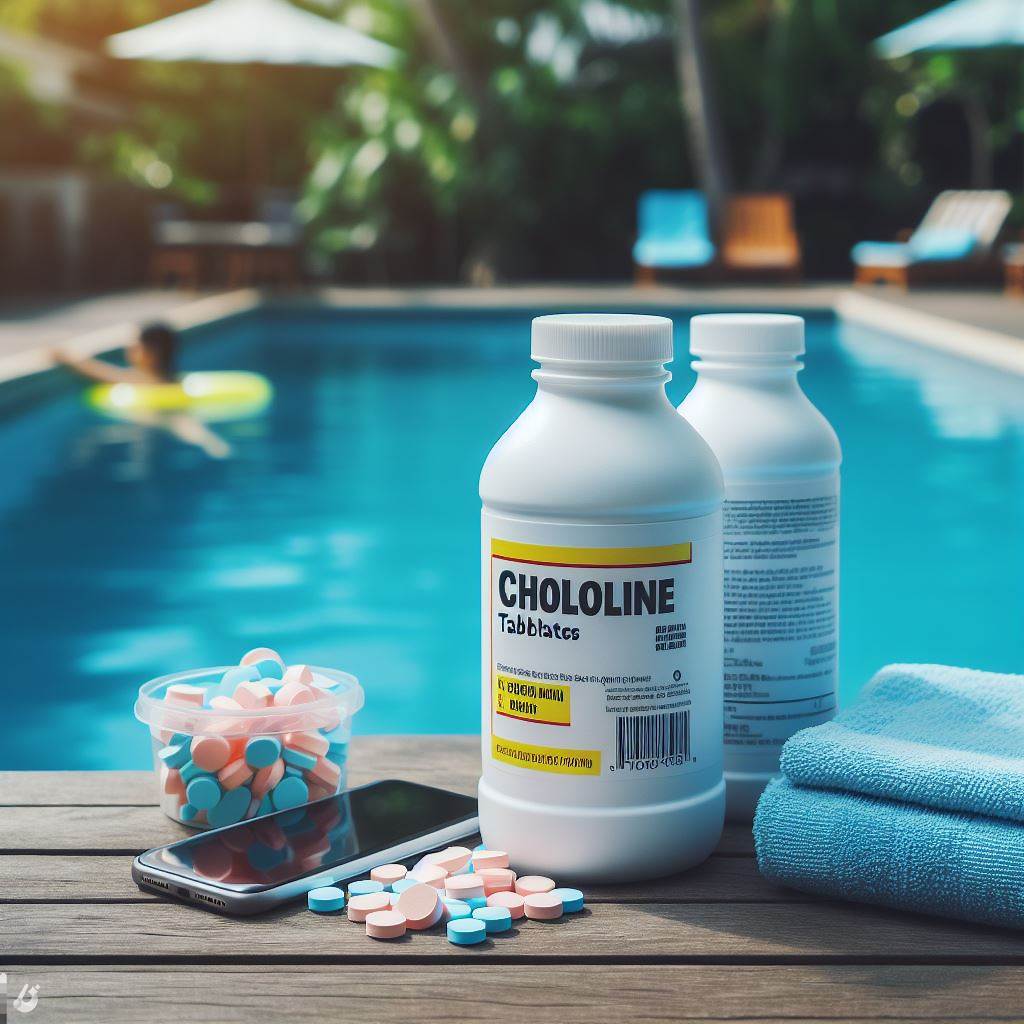The production of pool chlorine tablets requires careful attention to ensure the quality and effectiveness of the product. Whether you are a manufacturer or involved in the production process, adhering to specific considerations is essential. In this guide, we will explore key considerations for the production of pool chlorine tablets to meet industry standards and ensure customer satisfaction.

Raw Material Quality
Ensure that the raw materials used, such as trichloroisocyanuric acid, are of high quality. Raw material quality directly influences the effectiveness of the chlorine tablets in water sanitation.
Proper Mixing Ratios
Adhere to precise mixing ratios during the tablet formulation process. Accurate proportions of active ingredients contribute to the tablets’ efficacy and ensure consistency in their performance.
Compression and Binding
Implement proper compression and binding techniques during tablet formation. Consistent compression ensures tablets are uniform in size, shape, and chlorine content, leading to reliable and predictable performance.
Quality Control Testing
Incorporate rigorous quality control testing throughout the production process. Regular testing helps identify variations and ensures that chlorine tablets meet specified standards for chlorine concentration and dissolution rates.
Moisture Content Management
Manage and control the moisture content in the production environment. Excessive moisture can compromise the integrity of chlorine tablets, leading to issues such as premature dissolution or reduced effectiveness.
Storage Conditions
Store raw materials and finished chlorine tablets in appropriate conditions. Exposure to sunlight, humidity, or extreme temperatures can impact the stability and shelf life of the tablets.
Packaging Integrity
Pay careful attention to packaging materials and integrity. Well-sealed and durable packaging protects chlorine tablets from environmental factors, ensuring they reach end-users in optimal condition.
Adherence to Regulatory Standards
Stay informed and comply with regulatory standards and guidelines governing pool chlorine tablet production. Adherence to industry regulations ensures the safety and efficacy of the product for consumer use.
Employee Training and Safety
Provide comprehensive training for personnel involved in the production process. Emphasize safety protocols and the importance of following standardized procedures to minimize the risk of accidents and ensure product quality.
Efficient Production Practices
Implement efficient production practices to optimize resource utilization and minimize waste. Streamlined processes contribute to cost-effectiveness and environmental sustainability.
Customer Education
Consider providing clear and concise instructions for end-users on the proper usage of chlorine tablets. Educating customers on handling, storage, and dosage ensures optimal performance and satisfaction.
Conclusion
In conclusion, adhering to these considerations is crucial for the successful production of high-quality pool chlorine tablets. By focusing on raw material quality, precise formulation, rigorous testing, and compliance with standards, manufacturers can produce chlorine tablets that meet the needs of both industry regulations and consumer expectations.

 Instant
Quote
Instant
Quote Email
Us
Email
Us